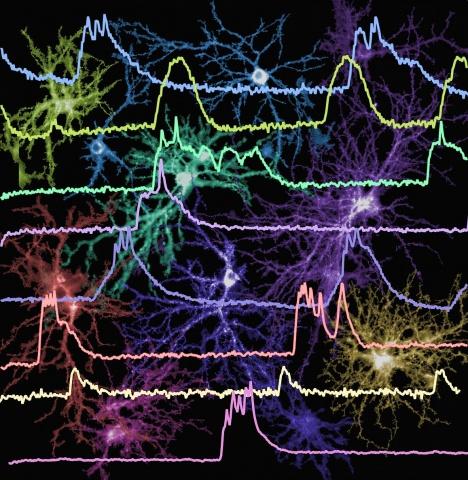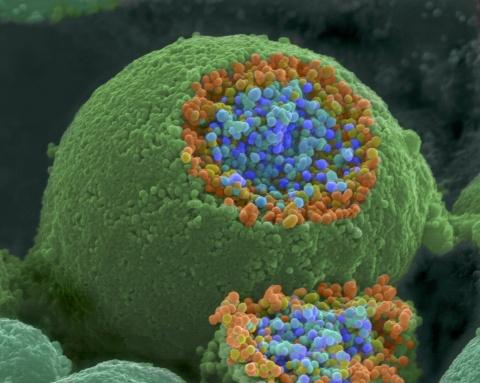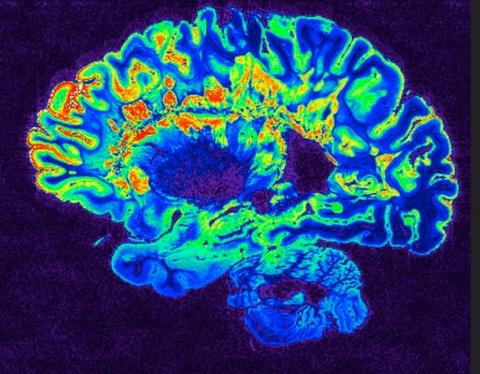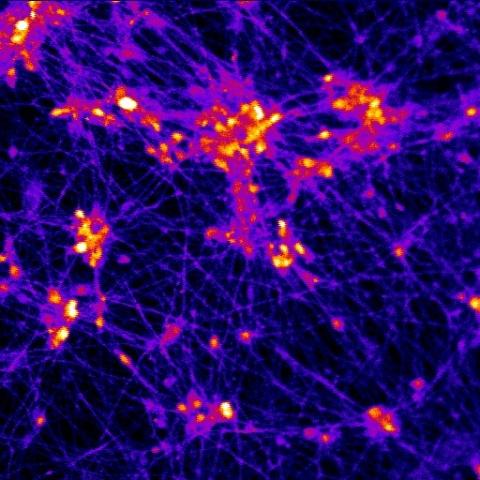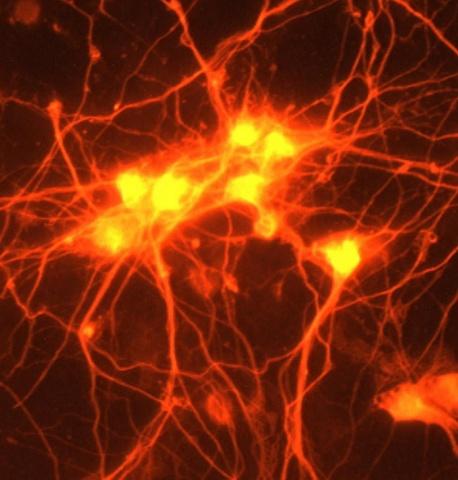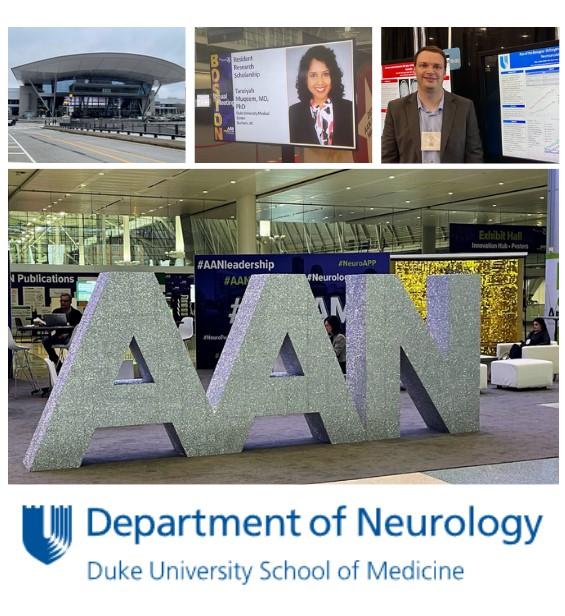Duke Neurology Research Round Up, September 2023
A new blood-based test for Parkinson’s disease, improved monitoring techniques for epilepsy, and a chapter discussing the use of transcranial magnetic stimulation (TMS) as a noninvasive treatment for dystonia are just a few examples of the latest research from members of the Duke Neurology Department.
Middle School Students BOOST Their Interest in Neurology
Local middle school students visited Duke this August to touch human brains, learn about the U.S. health system, and watch research being conducted in real time, thanks to the BOOST (Building Opportunities and Overtures in Science and Technology) program and the Duke Neurology Department.
Duke Neurology Research Round Up, August 2023
This July, members of the Duke Neurology Department contributed to 10 new peer-reviewed journal articles. Highlights of this research include a new study that found persistent associations between neighborhood income levels and poor outcomes for neurocritical care, a trio of studies that provide insights into the origins and development of Alzheimer’s disease, and a preliminary analysis of the merits of a potential off-label therapy for ALS.
Duke Neurology Research Round Up, July 2023
A promising new therapy for brain tumors detailed in the New England Journal of Medicine and a validation of a popular stroke treatment for patients taking vitamin K antagonists published in JAMA are just two highlights of the 15 peer-reviewed journal articles authored by members of the Duke Neurology Department this June.
JAMA Study Validates Low Risk of Endovascular Therapy for Stroke Patients Taking Vitamin K Antagonists
A new study in JAMA offers good news for the roughly two million Americans taking vitamin K antagonists (VKAs): VKAs do not appear to increase risk for complications from endovascular thrombectomy (EVT), a lifesaving form of “keyhole surgery” used to treat the most common form of stroke.
Duke Neurology Research Round Up, June 2023
This May, members of the Duke Neurology Department contributed to 12 new peer-reviewed journal articles. Highlights of this research include the first study to examine trauma-associated sleep disorder among U.S. veterans, the development of a highly sensitive microscopic technique to identify the regions in the brain where seizures begin, and a small but innovative trial showing early promise for a potential alternative therapy for amyotrophic lateral sclerosis (ALS).
Duke Neurology Research Round Up, May 2023
What do analyses of stroke rehabilitation techniques, new therapeutic targets for jaw pain, and guidelines to help sleep apnea patients cope with runny noses have in common? They’re all subjects of articles published by members of the Duke Neurology Department this April. Read the summaries below to learn more about the nine peer-reviewed journal articles members of the Duke Neurology Department contributed to over the past 30 days, and find links to the original research below.
Duke Neurology at AAN 2023: Highlights from Boston
Members of the Duke Neurology Department shared their advances and insights in neurology education, health disparities, movement disorders, and other areas at the American Academy of Neurology’s (AAN) 75th annual meeting in Boston this week. This year, our faculty, staff, and trainees contributed more to the AAN than in any previous year, contributing to 20 posters and abstracts and six classes or sessions.
Faculty Spotlight: Matthew Ehrlich, MD, MPH
Matthew Ehrlich, MD, MPH, got his first exposure to hospital neurology seven years ago as a vascular neurology fellow. He came to love the complexity and variety of cases during that rotation and joined the division after completing his fellowship. For this week’s Spotlight interview. Ehrlich talks about working as a hospital and vascular neurologist across our three hospitals.
